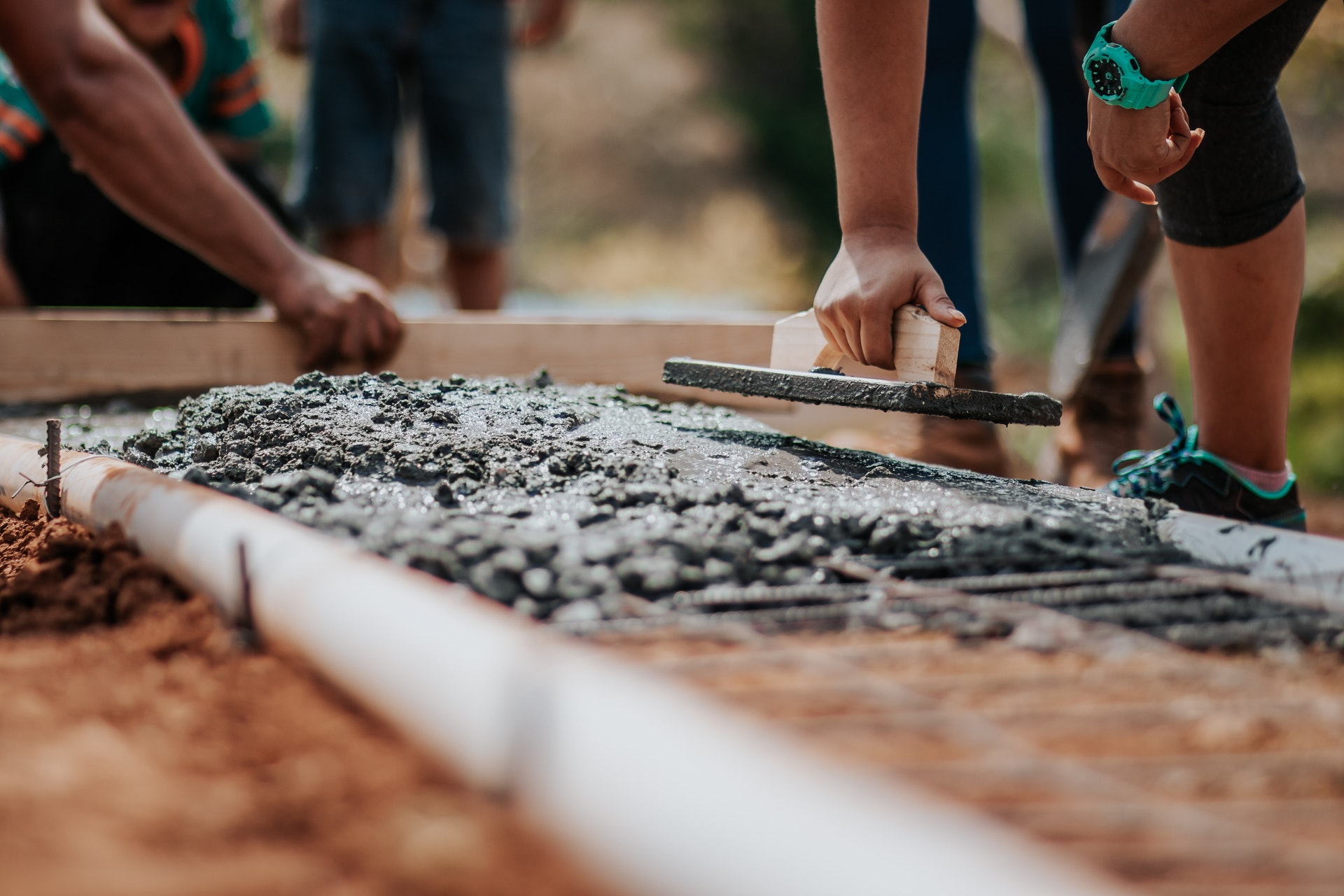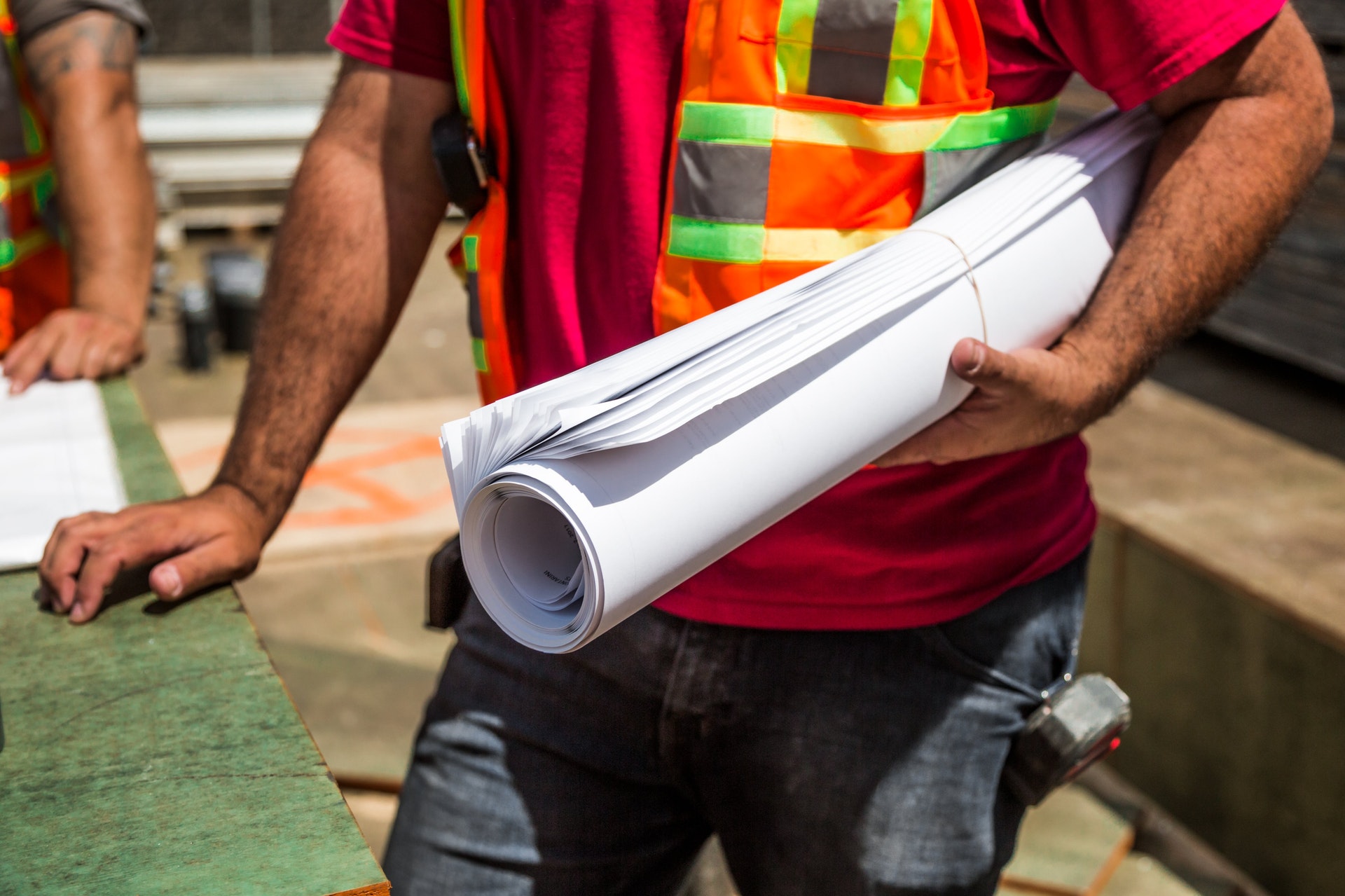A home that keeps you warm in all weather conditions and is sturdy against all breaks and infrastructural issues is all one can desire.
How annoying is it when you have guests over, and instead of talking to you, they are constantly staring at the water leakage that has ruined the wallpaper eagerly trying to hide it?
Water damage is of major concern to homeowners as well as people who are looking to buy.
Basements are specifically more susceptible to leakage, which may worsen in summers are the frozen soil thaws.
Leakage presents the potential for structural damage and may even acquire mold if left untreated.
Once a basement starts showing signs of leakage, you need to act fast! Chances are, it may only worsen.

The Benefits of Waterproofing
Are you deciding if you should go with waterproofing your room? Let me tell you; it is an absolutely brilliant idea.
Waterproofing is highly suggested due to its benefits, a very applauded one of which is to prevent water damage.
While considering home improvements, often, people put too much focus on the monetary or resale value.
We often forget that a home is primarily to live in, and therefore the comfort of those living in it is of utmost priority.
While cost is important, one should keep the luxury of ease and a relaxing experience. Imagine coming back home from a tiring day at work only to find new water leakage marks in the basement.
You deserve a break after work and should not be worrying about all this.
Waterproofing enhances your idea of life, so you do not have to think about cleaning up the worries of cleanup after water damage is not your headache anymore.
A dry basement also helps with maintaining good air quality indoors and makes the air breathable.
Why Waterproof in the First Place?
Many people like to use extra space to do something fun! Some people like converting it into a spare bedroom and put it up for rent; others use it as a gym or even a jamming room.
You can even convert it into a kid’s play area or a home theatre. All of this is possible once you waterproof the basement and make it a place worth spending time at.
How Are Basements Waterproofed?
There are many techniques that are involved in waterproofing a house.
Waterproofing material is meant to serve as a barrier preventing fluids and liquid from leaking through the areas that for sure damage them.
There are various methods of waterproofing an area. For your basement waterproofing needs, try Oriole. You can visit their site here.
1) Cementitious Waterproofing
This is one of the easiest ways to waterproof a basement, especially in terms of access to the materials required.
Even Though these products are easily acquired and mixed, this is a widely used method for internal surfaces which are always at risk of getting damp and wet, like bathroom seats, bathrooms, kitchens.
Cementitious waterproofing is breathable coatings that can give concrete and masonry surface positive and negative side waterproofing.
Positive side waterproofing creates a waterproof barrier that has applied hydrostatic pressure. In a foundation, this area may be closest to the soil.
Negative side waterproofing protects the surface that is opposite to the side with hydrostatic pressure. These coatings help prevent mold and water infiltration.
2) A Membrane That Is Used for Waterproofing
The technique has a set of instructions, such as applying a thin layer of primer coating on both sides by using a cloth or a trowel, roller, or spray.
This type of waterproofing allows more flexibility to the wall in comparison to cementitious waterproofing.
The durability of the material depends on the liquid type, which is the polymer used by the manufacturer.
The liquid membrane is a one origine created, fully-bonded, fluid-like coating that goes under the reaction of curing to form rubber material; it is elastomeric and a waterproof membrane.
It can be used by rubbing over different surfaces.
Reinforced Material for Waterproofing
What makes it highly effective in water leakage prevention is the fact that it is naturally insoluble in water.
It is often also used to coat objects that may be corroded by water exposure. Bitumen also has strong adhesion properties hence increasing its versatility.
This type of waterproofing is not ideal for light and natural light since it can become brittle if it is not worked with a little more elastic material like polyurethane.
Surface preparation is also important for bituminous waterproofing. While they do have adhesive properties, a dirty surface may undermine this property.
It is also important to remove any loose or blistering paint before applying bitumen.
You may also choose to apply an additional anticorrosive layer as a primer before bitumen application which may provide additional protection against corrosion.
3) Reinforced Waterproofing
This method is gaining popularity for its use in slightly inclined roofs due to its highly suggestive past record.
This method can be used as both a torching of the membrane or a self-adhesive method. With a width of 2-4mm.
Bituminous membranes are also ideal for waterproofing roofs, basements, and below-ground structures, bridges, and other structures.
4) Polyurethane Liquid Membrane Waterproofing
This is a highly costly technique for waterproofing. This waterproofing is used on roofs, roof decks, and even other damp risking areas.
Therefore, the material aims to provide a very high percentage of elasticity and flexibility.
A tricky thing to consider is that since polyurethane is sensitive to moisture in blocks of cement, its success is dependent on the quality of waterproofing.
If the technique is not followed, the waterproofing characteristics will lower and may, in fact, speed the process of further debonding and even peeling.
There are various advantages of using polyurethane liquid waterproofing, including UV resistance and no additional requirement of a protective coat.
It is easy to repair even locally. Moreover, it is a lightweight material and does not increase the load on lightweight decks and roofs.
As a waterproofing material, it is highly impermeable to water, is flexible to allow normal movements of building structures, and is extremely durable.
It has the ability to withstand severe environmental and climatic conditions.
Basement waterproofing has a lot of benefits and also increases your home’s value. However, choosing the right material is equally important, depending on the severity of the problem.
